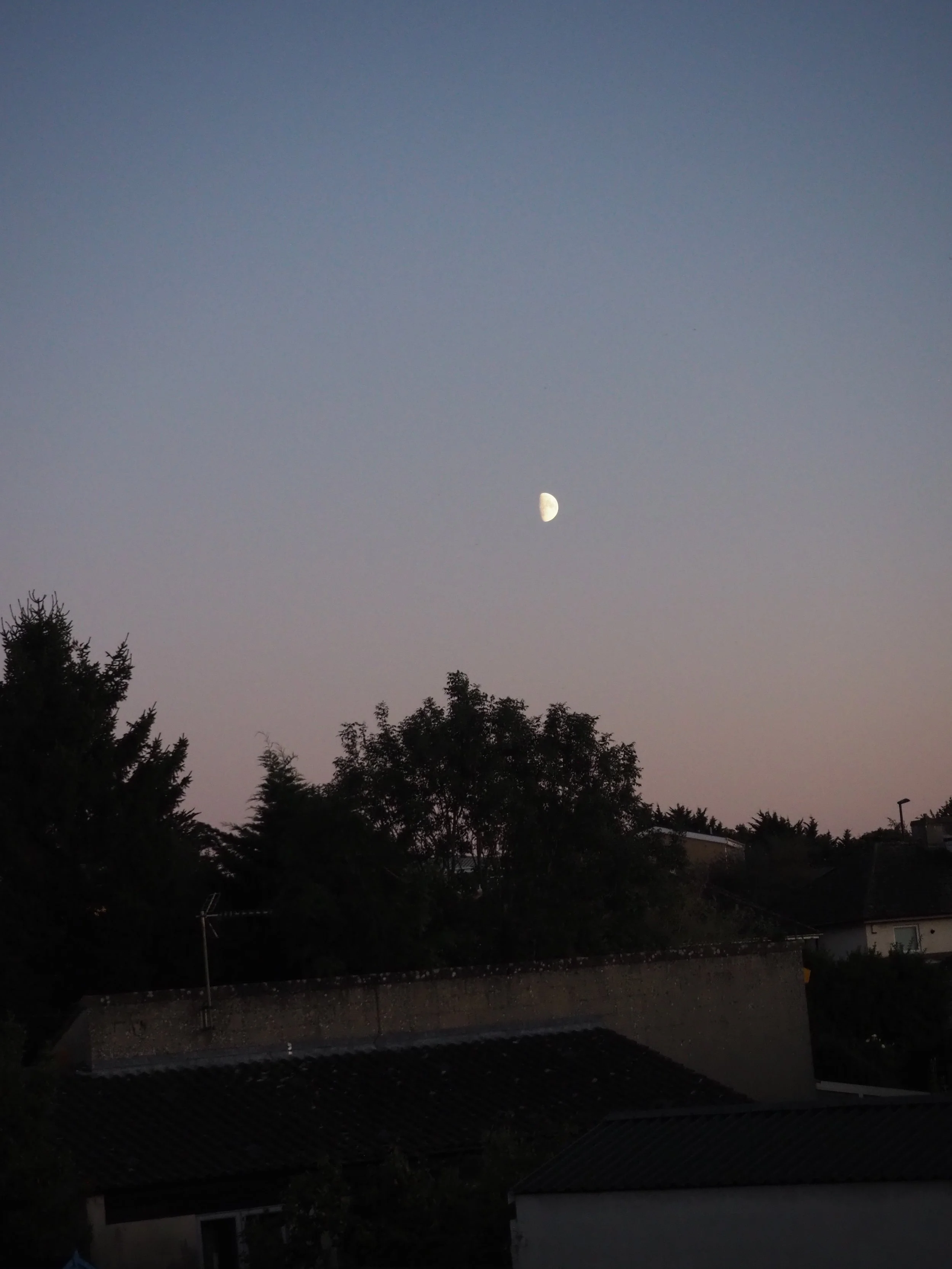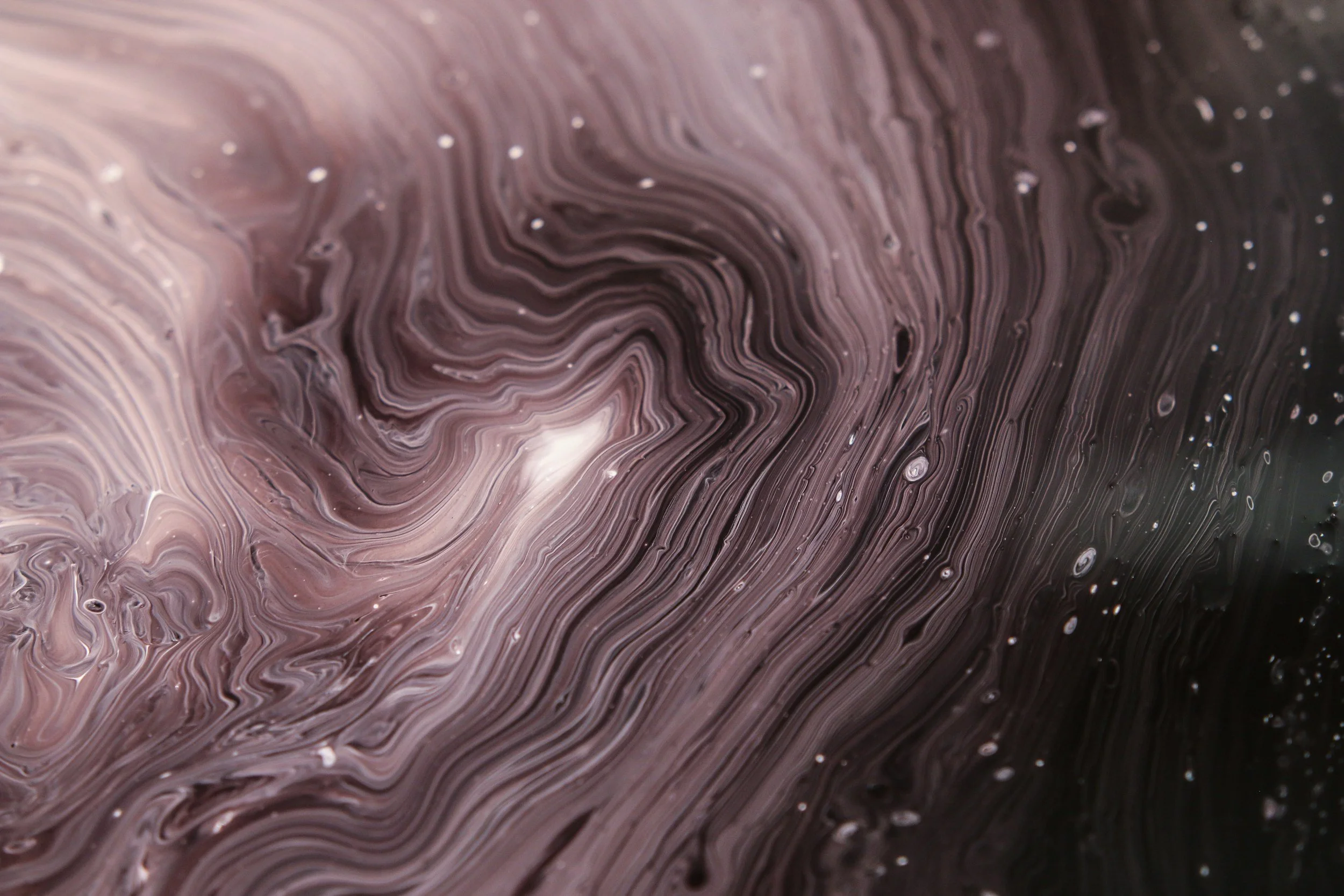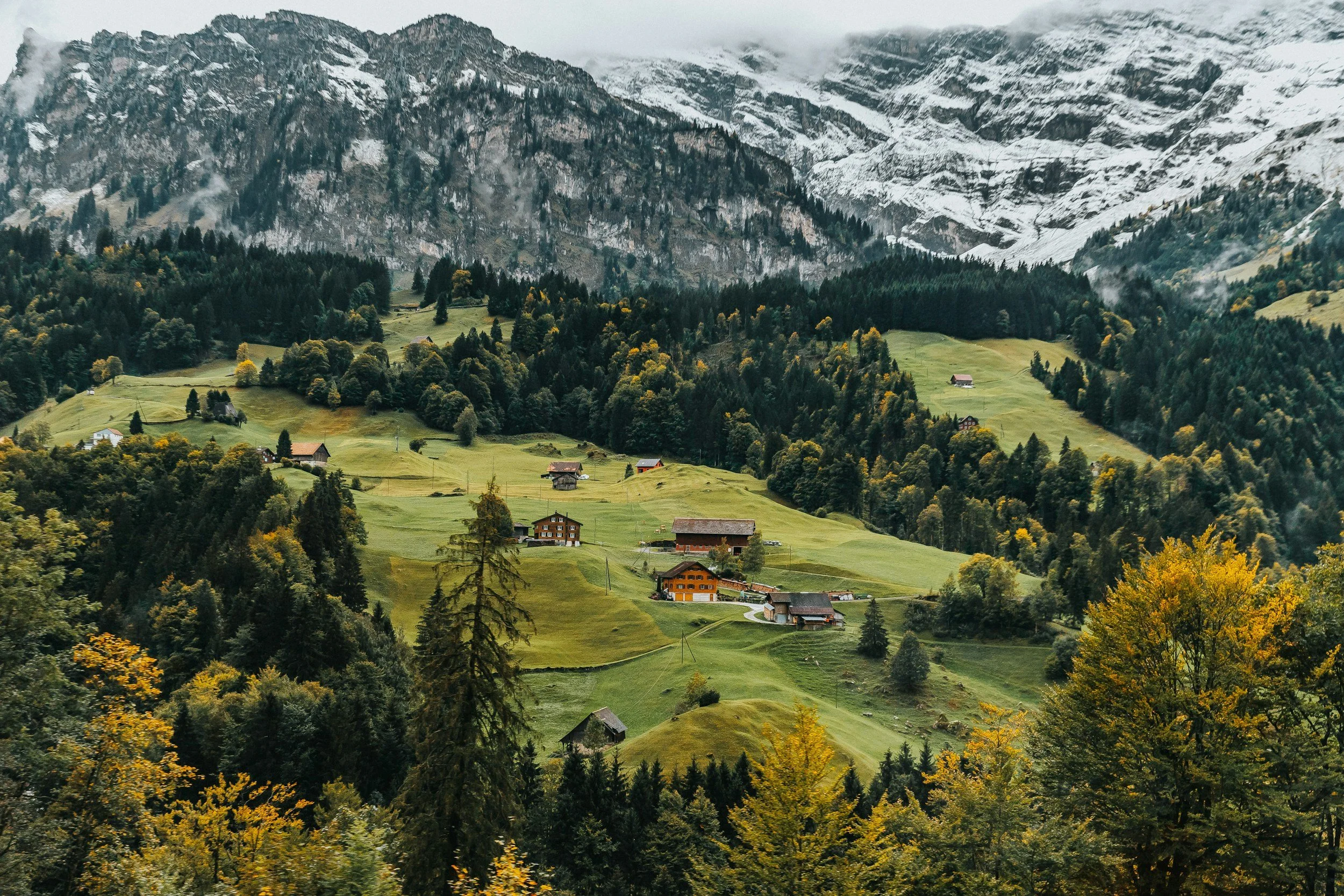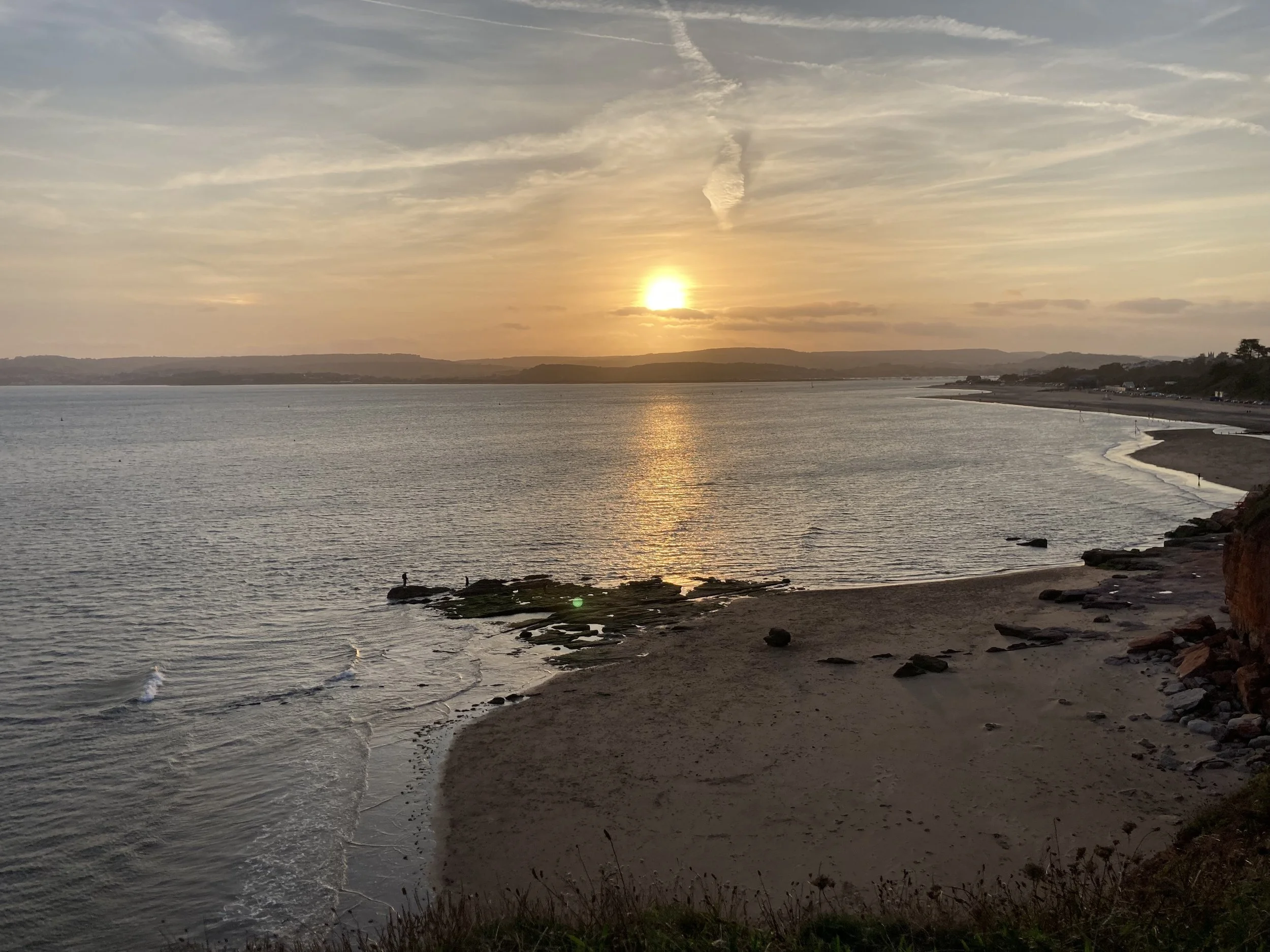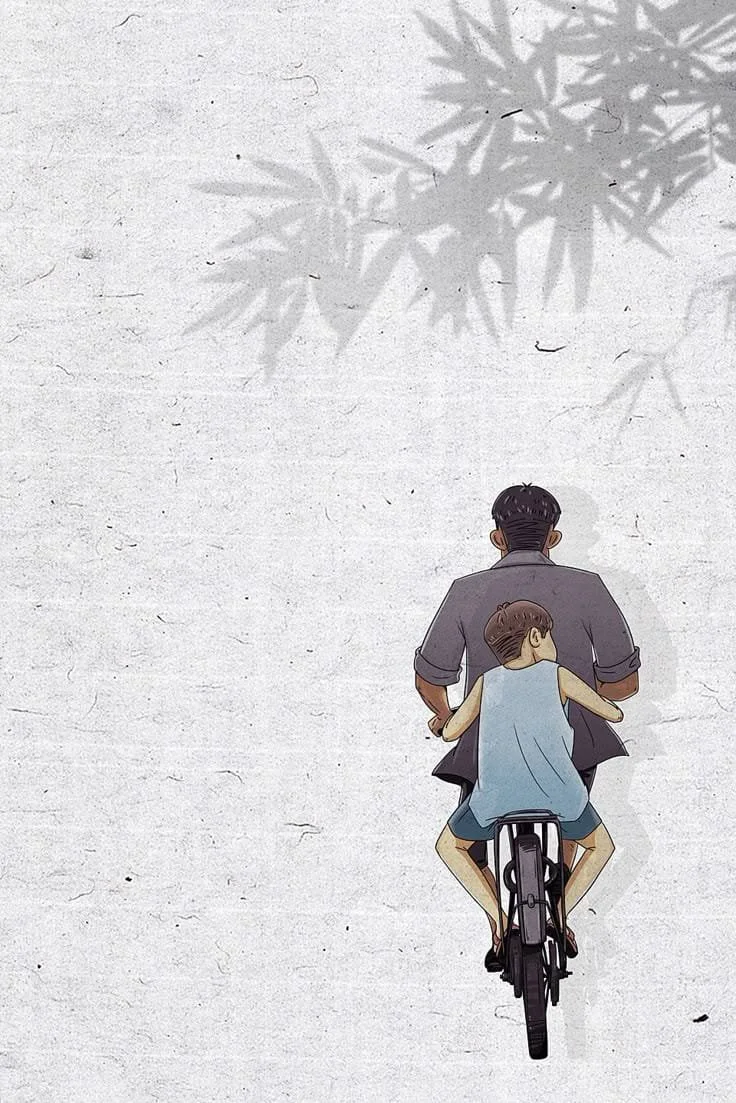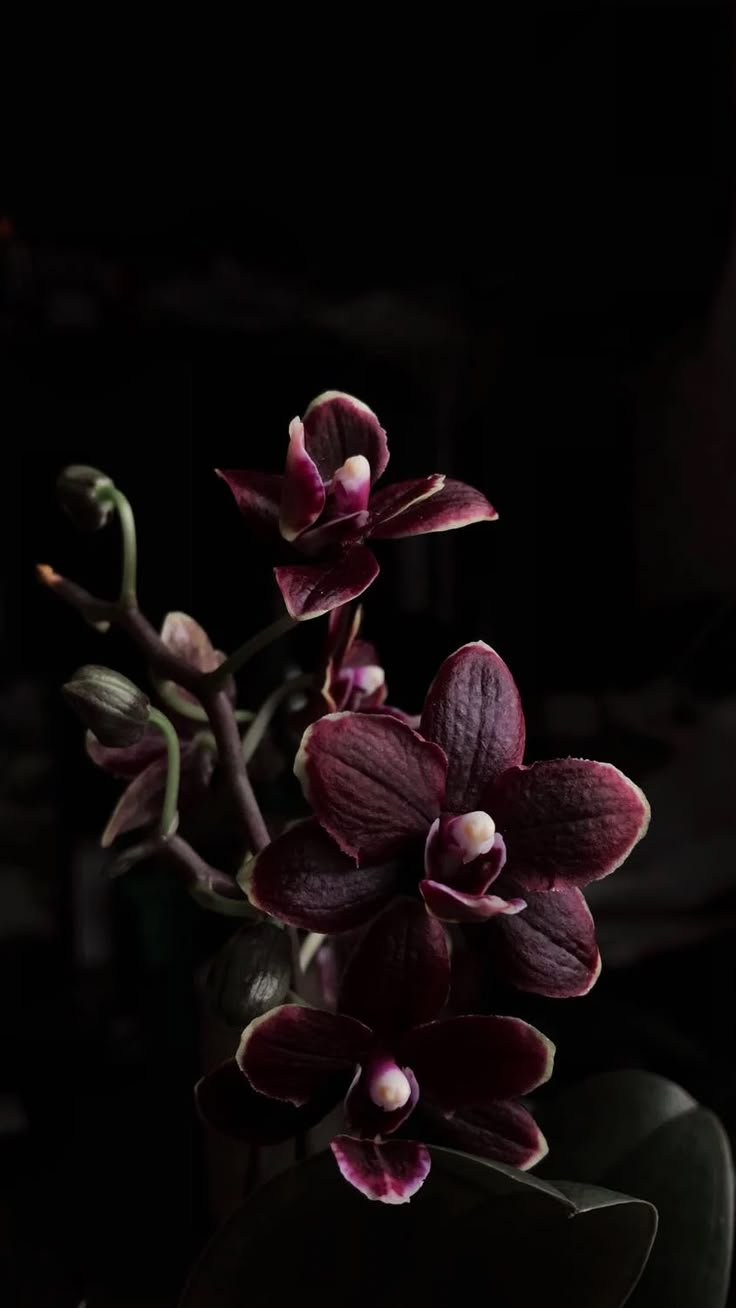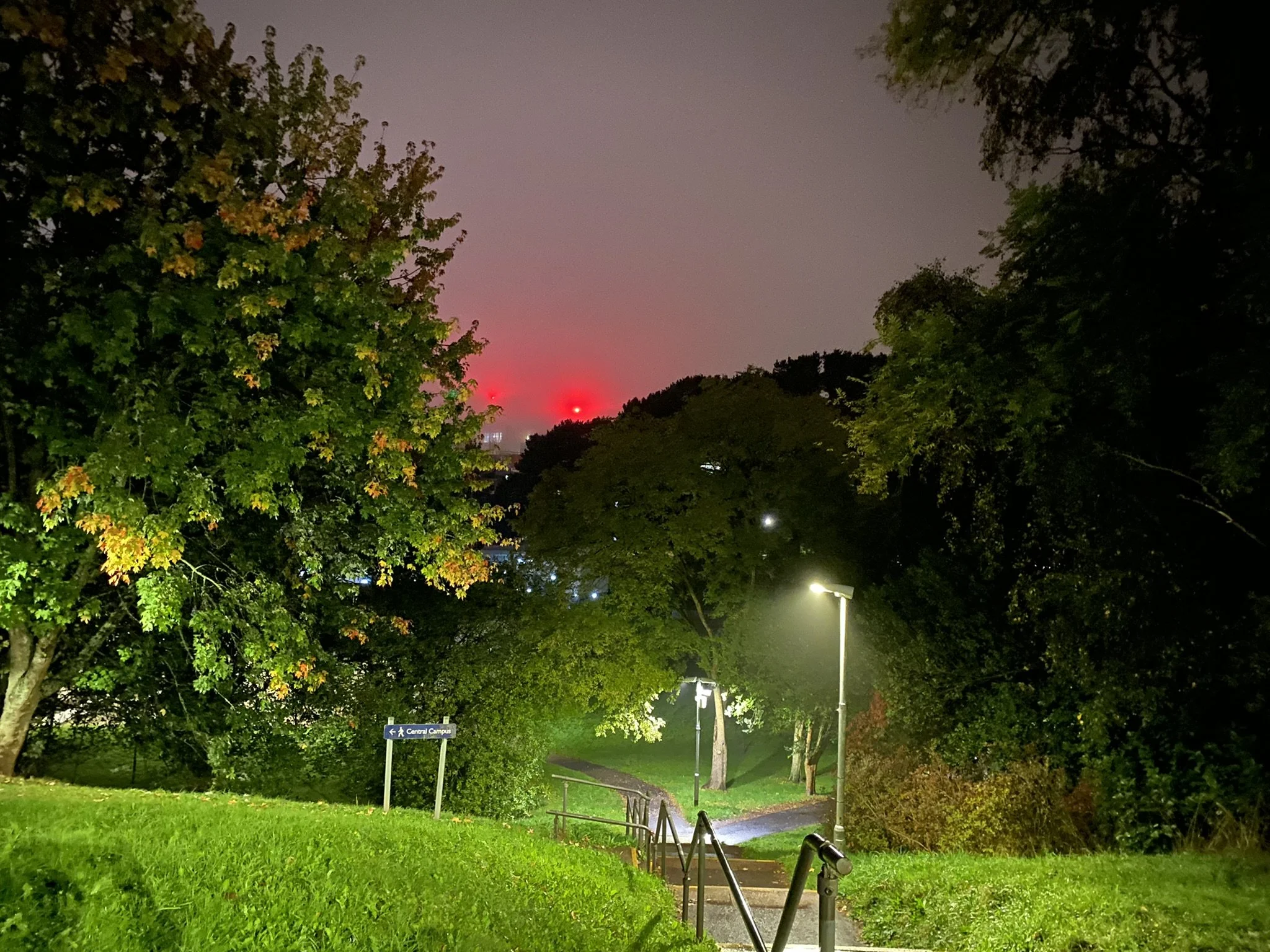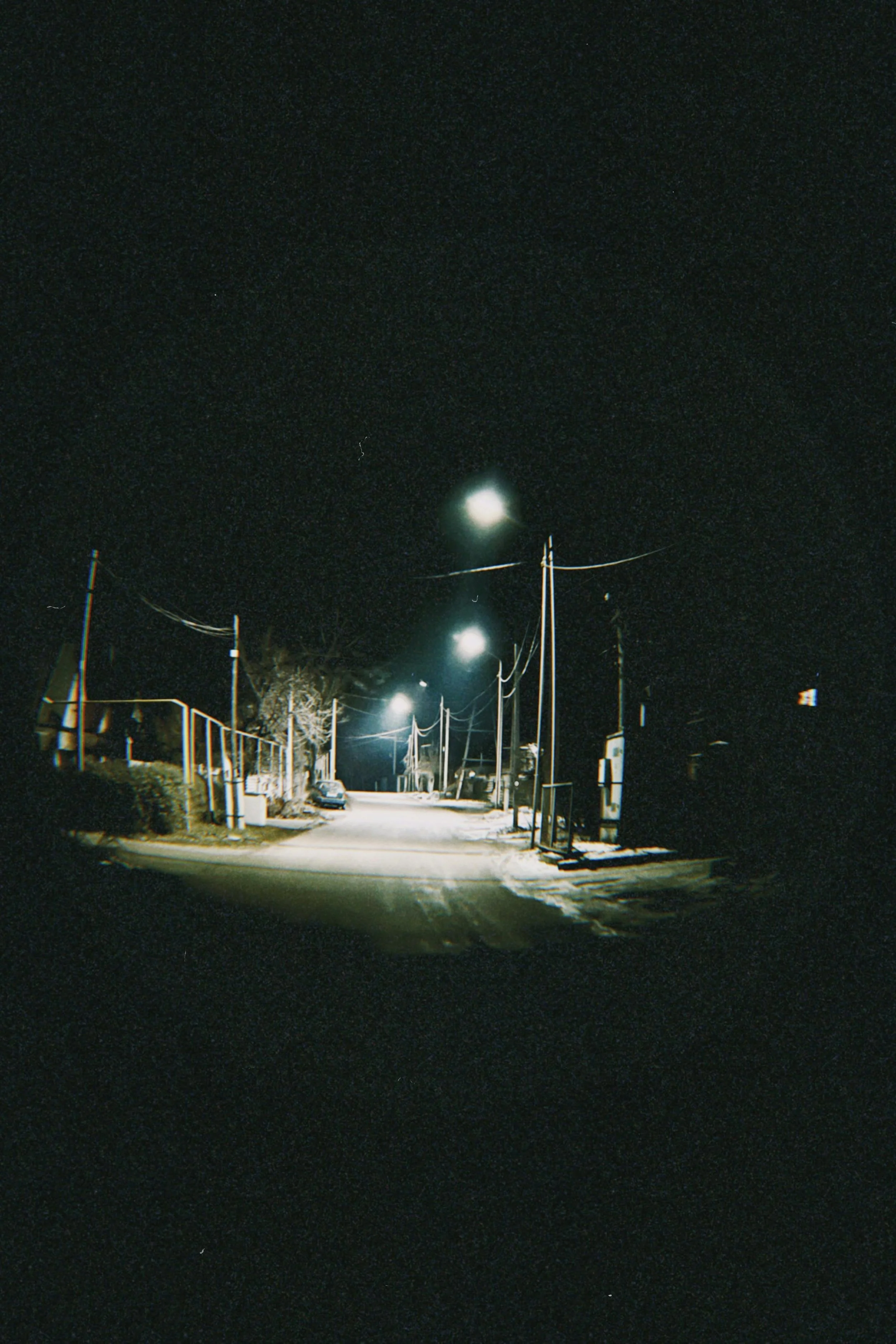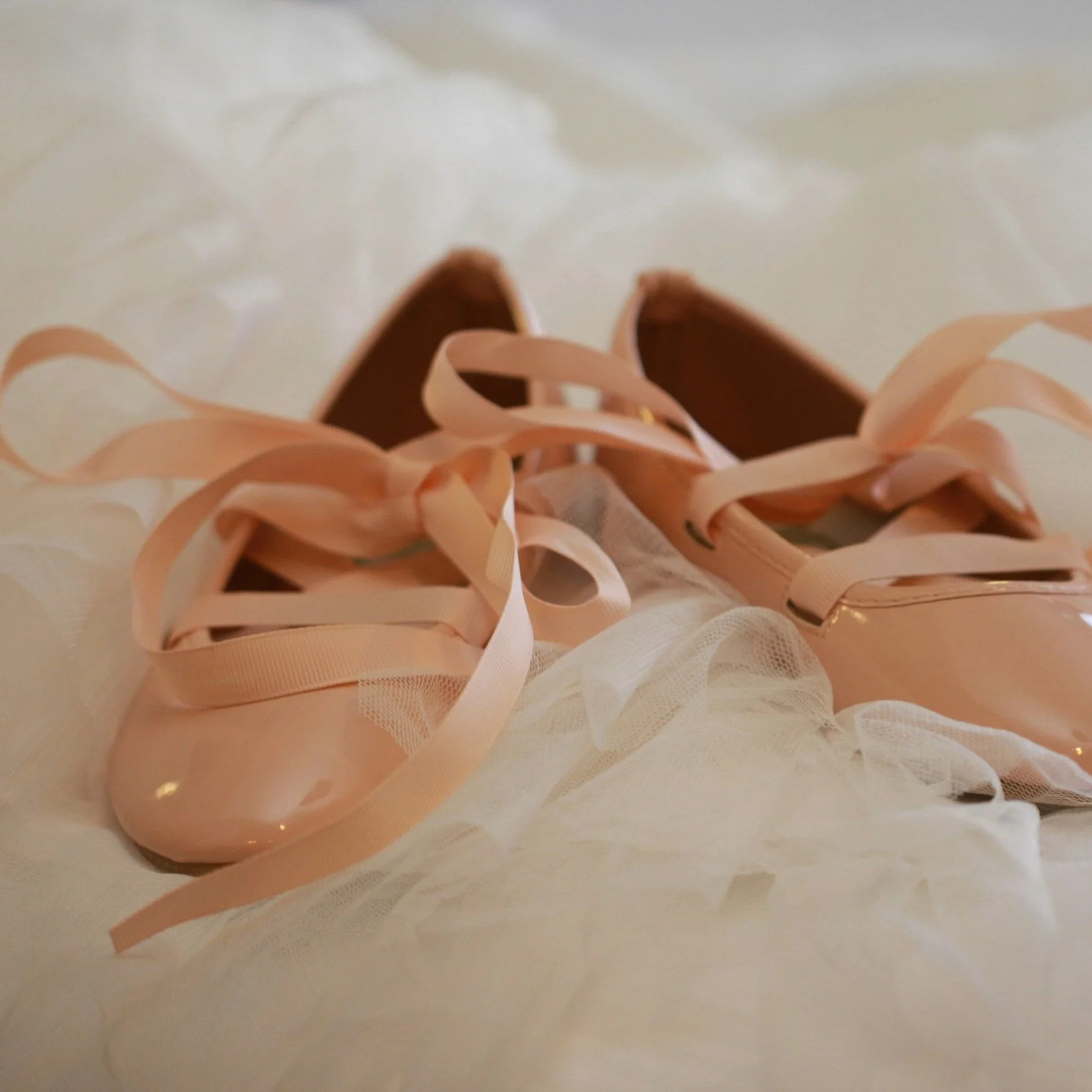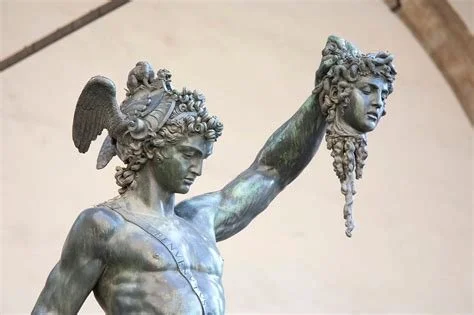Home
Get your pens ready! Our 2025/2026 Submission Cycle is now open!
Our themes for this year are: Constellations, Bloom, Reverie, Inheritance and Fracture
Take a look at our submission guidelines here.
Cadmus had wept to see the Spartoi bloom.
Where father was craven, the sons were cruel;
On Monday night in the real world / Illegitimate cigarette smoke / Curls into commas /
The stars are shaped / Like a question mark.
This home has been ours for ever, our parents’ generation and the ten before that too. This home
has been loved
A lifelong quest,
a lingering hope,
I yearn
to touch your wistful presence.
Too young to understand,
Too wise to explain.
I think that tree used to be taller,
Pine spindles extended and reaching, reaching
Toward the terrifying expanse of eternity above.
Beneath my head, your chest expands and falls,
It pulls me in and pushes me out—my tide,
So steady; brutal; vast;
The air is thick with something unnamed,
a hush, a breath, a weight unclaimed.
Wherever that may be.
And where should I begin?
Now I’m careful when I’m shaving,
when I hold the razor dark,
my hands are always shaking
you cut an apricot
the size of my fist
maybe we are
someone else’s
random person in the street
A pilgrimage of followers, of teenage girl disciples
with dads trailing behind, trickling
through ticket check barriers, borrowing youth.
Come again, come again-
Orphic spring and lawny glens,
Wink gold light; beams supper bright,
Shine upon my tranquil hermit den…
I had some secrets— dreadful woes!
You said that, yours? No one else knows.
Would it be too much to bear,
An eye and throat so sincere
That air would grow burdened by Sound.
Rusted, familiar glints of silver and gold,
cold metal dances through my fingertips,
resting in the lock with a click.
As Tufts and stubbles arise from their not so ephemeral wat’ry fiefdoms,
Thrush and blackbird alike chant and despair for company of woman or worm
Looking forward at seventeen meant
to grow small and frail and to whimper
Homesickness to me is not always
a particular memory or place or person,
but a debilitating, sneaky sadness
that creeps up on weekday nights.
It’s been so long since I last saw
the faces that I used to know
But now you’re near, so close to me—
a hundred miles is just a throw.
The man is sitting down. He leans against the doorway of a shop long gone. He wears all his clothes, clothes that have not been washed since the person before him. The clothes are growing too big for him, they are falling off his bones.
The Lords of Doom mobilise their first rank, but they haven’t lined up the next ones – it’s like they know they’ve already won.
“Hug?” Maisie held out her arms. Manrika accepted the hug and asked if I did hugs as well, to which I quivered a ‘yes’. When she hugged me, it was like a rush of euphoria to the head - and other places which I will spare the details of. Emulsify me, please. Let me rest in your scent and just aimlessly melt. God, her scent. Is she even aware of how nice she smells? Then my mind snapped out of it and I convinced myself of the possibility she might just like men. Seeing the drabness of some of the guys in the nightclub, Fever, I can’t sympathize with people who get the appeal of them.
“Look, I get that you appreciate her very much and she’s a lovely girl,” Nick reasoned, again trying to accuse me of crushing on her, “You just need to let yourself feel.”
“What? The last time I let myself feel I ended up caring so much for a piece of shit,” I riposted before melting into a smile, “She’s really pretty, isn’t she?”
“Yeah, she’s pretty, but are you sure you’re straight?”
He examined the ash trees, inspecting for withered and sickly leaves, and came away satisfied to find none. He checked for broken sticks and impressions of boot prints in the mud but only the usual residents presided there, the snails and ants navigating through their miniature dwellings.
I fell on one of the final days of the third month. It didn’t hurt, no one said anything, not even the trees. I wasn’t expecting them to. I was a bit sad but not scared. I could be part of the trees now, of the soil and the earth. But I would miss my friends regardless.
To say Graham was elated not to be a father was an understatement. Sure, it was a solitary life, living alone at his age, but he figured some men weren’t built for fatherhood. He was one of them. He’d have frustrated his kid too much, and vice versa. His house would’ve been filled with slamming doors and stomping footsteps, like his own childhood home had been.
Unfortunately, it wasn’t quite as romantic as we’d intended. The wind was sharp, and we weren’t dressed for the weather. We shut your car’s doors with overenthusiastic thuds and stretched our aching legs, only to find our breath coming out in bursts of mist. It wasn’t long until we started shivering.
The last time I saw Cole was September 11th 2001. A date which would become one of the most infamous in American history, synonymous with people falling from the sky like the announcement of the end of days.
Rain rejects the scorched soil below, desperately reaching toward the merciless clouds above. I wonder what those unfortunate droplets did to be exiled from the barracks. Perhaps they were deserters, parachuting down with silent grace, like those dancer girls in the pictures. Did they fall upon the abrasive farmland and have second thoughts? Could they ever find their way back to the heavens?
A perverse camaraderie manifests in the courtyard outside the church. Timid murders of friends congregate ashamedly, forming shallow alliances under the mist of cigarette smoke. An unforgiving wind sets this June afternoon apart, polluting the sun's light.
Darkness was simple and predictable and, though I didn’t know it then, allowing darkness to dominate my peripheral vision would be the last time I ever felt in control.
The four of us were playing, rushing down the street on our bicycles. We moved from side to side, competing in a game of chicken with the cars.
That night you dreamt of past times, times of trains and horses, of castles and kings, of dances and rituals, of rivers and forests. And in the morning you woke up with a new noise, one you hadn’t heard before.
I was enjoying my usual routine, until I encountered an old flame of mine. Splendid. We locked eyes and that’s when I realised that after all these years, there was a lingering connection between us.
Halfway through our interview, Mr Dover has another vision. He sits there, vacant like an abandoned house, limbs lying limp over the sides of the chair.
The compact mirror was my birthright, passed down by my mum and given to her by her own mother, a binding thread between my ancestors like a daisy chain. Every woman in my family has had this object, but like laughter or a dance, it’s never the same twice. It’s malleable and morphs, transforming into something specific for each person.
He strained his ears as if he could hear anyone speak to him but all that echoed was silence. The longer he sat in the void, the louder the ghosts of his past started to breathe - his mother’s concern, his father’s love, and his son’s innocence.
He grasped the picture tightly to his chest, a tear trickling down his cheek. A sharp wind prickled the tips of his ears, turning the end of his nose a soft crimson. Wiping his nose with the back of his hand, he jumped off the wall, kicking a rock across the sand. Ahead of him, the tide moved in a constant rhythm, moving backwards and forwards.
I put my pencil down and hastily washed away the graphite from my hands. It was their anniversary in 2 days, and the drawing was supposed to be a surprise. So I thought, naïvely: There’s always tomorrow, I guess.
I looked at the peeling paint on my ceiling, a faded mural of flowers mom had done when I was little. I pressed my head into her chest so I could hear her heartbeat, and tried to imagine who she could have been.
It was a seductive fragrance that gently wrapped me in its spell.
Since I was little, I had earned the reputation of being a child with a big imagination.
The day, far buried in the past, which started - and ended - everything. They remember the pain that followed in the days and years afterward, the pain that still rolls through on the first day of spring and cold winter mornings and September nights spent on park benches.
A Woman writes on Paper. That Paper rests on a Board. She writes a Poem.
In her inscription, she articulates her hatred for the Moon.
Soon the stage would fill, Kathleen thought, soon the lights would change and with this change of light the tables would turn. The watchers would be plunged into silent darkness, taciturn anonymity, and the authoritative, organised, silencing cacophony of the opening overture would reign in the hall.
I need to be alone. I need to be on my own with my ghosts. I can feel them around me now, shifting among the streetlights, dancing across the faces of deserted windows. I can hear them whispering too, confirming half-truths that I am desperate not to believe.
Though there is a funny thing about a life as quiet as this. You realize that the silence has its own little sounds that it keeps to itself, but is willing to share with those who listen. Like a sound such as you.
“I was told that I could find something of value here.”
“I see.”
“Was I deceived?”
“Arthur wanted to say he’d miss sunrise runs and playing her favourite songs on the piano. The way her nose crinkled when he offered her peanut butter, and the sound she made when he beat her at tennis for the first time. The crack on her front tooth.”
Most words in most conversations don’t harbour much value to me after I’ve heard or spoken them; I always distinctly remember the thoughts or ideas I’ve been left with and the emotions of myself and whomever I spoke to, but I seldom recall the exact words. I can always recite a conversation I’ve had with someone if a cat was present – for some reason.
I choose to separate myself from my past through a developed vernacular and confident extemporising. I dislike talking about my past too much: when I do, I expose myself. I use un-insightful language and miss details, provoking hyperbole
People say the peak of happiness is the moment right before you attain what you desire. Once you have it, you realise the thing you chased after was nothing as special as you imagined.
And so, I died at 20.
INT. BATHROOM - DAY
A small family bathroom. Grey light from the narrow window highlights the clutter of bottles and toothbrushes arranged on the bath ledge and sink.
GEMMA (10 years old) sits on the floor, her back against the door. She wears a jumper and leggings.
She holds a battered smartphone close to her face.
She’s watching a video tutorial showing a variety of ballet positions.
GEMMA’s eyes move across the screen, taking in the movement.
The ballerina in the video demonstrates a Développé Croisé Devant.
KATHERINE:
(slowly walks away from the crib and picks up a wine glass):
I hate the word perfect. I don’t know why, but there’s something about it that makes my insides ache. And I especially hate it when you add ‘family’ to the end of it. The ‘perfect’ family. People automatically assume that if you live in a nice house, have a stable and well-earning job, are happily married to a man and have two children, one son and one daughter, you represent the ‘perfect family’. But what if having all that isn’t what you’d call a ‘perfect’ family? What if, truthfully, the thought of having all of that makes your skin crawl?
INT. - BEDROOM - DAY
An almost emptied bedroom: a bare mattress on a simple wooden frame, a wooden chest of drawers next to it and a mirror on top of it. MILES, 18, tall, scrawny, in a baggy shirt and trousers, is folding clothes into a big suitcase.
JANE
It’s great, thank you.
Jane picks up her backpack from the floor and puts the keychain on the zipper, alongside another one Sofia has given her. They are the exact same.
SOFIA
Oh. I didn’t realize I’d already given you one.
JANE
Doesn’t matter. This way I have a spare.
SOFIA
Right. I’ll get you a plushy next time.
ALISON
Is he okay?
GARY
He’s quite upset but as far as we can tell, he’s alright, yeah.
ALISON
He said there was someone in the house?
GARY
Yes, we had a look, we can’t see anyone, or any signs of forced entry.
ALISON
Okay, good. He suffers from dementia so I–
GARY
Yeah, we thought so. That’s the closest Lucy’s been able to get to him - he flinches when we touch him.
BRIAN
The dead drop is in the peacock’s nest…
BRIAN winks badly. HECTOR seems confused.
BRIAN
I’ll cause interference, giving you approximately three minutes to pick up the package and exit the establishment as planned. Make sure you’re back for bingo at 5pm sharp matey. Oh, and tell Jane that I miss her choux pastries.
HECTOR nods and checks his watch.
HECTOR
I will. Thank you so much chap. Just one quick question on the whole operation –
BRIAN
Of course.
HECTOR
What kind of distraction have you got planned this year? Are you going for the classic?
BRIAN chuckles.
BRIAN
I think the paramedics might catch on. Don’t you worry Hector; I’ve cooked up something brilliant!
The oil sizzles in the wok as VANESSA (45) gives it a hearty shake. They both laugh as EMILY (20) rushes over with the clean rice and pours it into a saucepan of boiling water.
EMILY
I wouldn’t call that dancing, mum. Here try something like…
EMILY pushes herself away from the stove, elegantly spinning, and dipping into a pirouette. She unbalances with a squeal and grabs VANESSA for support.
VANESSA
I see all those ballet lesson paid off, didn’t they?
EMILY (20) pauses to answer the question, her lips pursing.
EMILY
Yeah, I suppose they did.
GEORGE
You smoke now?
SAMANTHA
Only on special occasions.
GEORGE
What’s so special about today?
SAMANTHA
I bumped into you, of course.
GEORGE
How cute. If I buy you a drink, will you stop lying to me?
JOSH
I wanted to give a speech today.
HARRY
Yeah?
HARRY is staring at the cigarette.
JOSH
I had one written down. I was going to give it, but...
JOSH flicks the ash off his cigarette.
JOSH (CONT’D)
I couldn’t do it. I just wanted to give Dad a proper send-off, but... Fucking coward. I couldn’t do it.
JOSH stamps his cigarette out. HARRY looks at it, crushed on the floor.
RHYS: Give me a dare. Go on. Anything, I’ll do it.
JAMIE: Anything?
RHYS: Yeah.
EMMET stands looking unsure, JAMIE looks around and focuses his attention on the houses around them.
JAMIE: Alright. Dare you to hop the fence behind you and bang on one of those windows.
RHYS: Which one?
The boys look toward the houses through gaps in the wooden fencing. JAMIE points to one in particular: an unkempt looking house with yellowing England flags and draped inside the windows.
JAMIE: That one.
RHYS: Easy.
CARL
You've never been disappointed?
GABRIEL
No. I guess it's because I've never hoped.
There is no reply. He walks back into the centre of the room. As he looks around the cabin he catches sight of his reflection in the large mirror. He flinches.
He walks towards it, confused and afraid. Reflected in the mirror is not his own image, but that of the man. John moves his head slowly from side to side and the reflection follows this movement.
MAN(REFLECTION)
Of course I’m here.
Kira
Being so far out in nature, it really makes you think.
Finley
(not paying much attention, has his eyes closed)
Oh yeah? How so?
Kira
(glances down at him, nervous)
Well, summer is almost over. Some of the leaves are falling already. You can't help but wonder how much longer we're all gonna be here.
1 INT. EDITH’S LIVING ROOM - EVENING 1
A ring tone plays as a conference call loads. The call connects.
EDITH (77) is too close to the camera. She has her ear to it as though she is taking a telephone call.
EDITH
Hello?
SKYE
Hello, Edith.
EDITH
Hello? Who is it?
SKYE
Edith, you’ve got to move back, love. It’s a video call. Look at the screen.
INT. JULIA’S HOUSE- NIGHT
Stairs fly toward us. We hear footsteps, loud and fast.
A young woman enters frame as she sprints up the staircase.
Terrified.
She reaches the landing at the top of the stairs and bolts into one of the rooms, slamming the door shut in our face...
...SMASH TO
TITLE: OF THE DARK
Conversational Portraits
MM: So I think just like - get all your crazy ideas in as fast as possible! Because it’s one of the recent times in my life where I’ve been able to just think of ideas and try and make them happen and not have any other sort of hurdles and limitations other than those I’ve created for myself, and I think that’s a really inspiring and emboldening sort of opportunity.
SD: When I was 15, I entered this thing called BBC New Creatives. Then with some piece of writing, which looking back was really bad, but it somehow got through and I went to this development day in London. Unfortunately, it did happen during the pandemic so then a lot of stuff ended up being online. But anyway, I got to direct and write another audio drama which is awesome, and it’s in the BBC archives somewhere, I guess. A producer contacted me after finding that and then asked me to do this.
RB: I've always enjoyed the variety of it. I really like trying out different styles, but I think there’s definitely an underscore to my writing in terms of theme. I like playing with issues of power and I always write about nature. I always have plants or birds or water of some kind in my stories, and I haven’t ever really been able to eradicate that. I have tried, but I think that it’s suited to prose most of all.
CH: I think I’m always quite drawn to mythology and folkloric stories. That's what I like to read. That's what I've always got a lot of pleasure out of. Things like fairy tales as well, I’ve always been quite a prolific reader of those, so I think it just leaks through into my writing because I think writing is a form of escapism. It's like reading. So all I want to write is things which are more divorced from the real world.
J: …but she talks about how everything around us has a voice, and we can’t necessarily… We don’t necessarily have the right to claim that voice as ours but we can try to, like, tip over a rock or look at a leaf and try to translate it to the best of our ability. For a lot of things that could be our responsibility, if we see something that needs a voice we can try our best. So, I think ghosts are a part of that, they are a way we try to give voice to some things we can’t talk about.
Yeah it has, because for instance I signed up for my writing nature module, and so I had to do nature writing, and I am not a person who is very close to nature, I would say. So, it was like walking around noting things down- it has helped a lot and also helped my mental wellbeing as such. And this piece I wrote near Christmas when the Christmas lights were coming on. So, it’s like, back in India we have a festival of lights, Diwali, where the lights go on most houses and buildings. I was seeing all these photos from my friends and relatives, and here I saw the Christmas lights- I was kind of drawing parallels.
B: So that’s why I get, sometimes, quite caught up in the idea of perception and what people think, what’s going on in their heads. So I really like reading Virginia Woolf, for example, because she does this quite a lot. She does differ in her approach though because she goes into multiple characters' heads describing how they see the world. I tend to do it a bit differently- I tend to pick one central character and then close off their heads from everyone else, leaving the reader to speculate: “what are they thinking?” Because quite often that is the source of conflict in the story.
C: I think my rule with comedy is that it either needs to be, like, some form of social commentary, or it needs to be entirely bizarre and absurd. Otherwise, I think it falls flat, and I’m not really interested in it.
MAK: One big influence is Sylvia Plath. […] I love how she can make the mundane into something haunting and beautiful, and that’s what I really try to do with my own work. Sometimes I’ll talk about something that you’d do in everyday life — I literally wrote a poem about biting my nails — and I thought, this is kind of Plath-esque, because she can just take something you do everyday, something overlooked, and turn it into something darker and more thought-provoking. From there, it can become a metaphor for something else.
BC: The structure came about because I wanted it to be a clear comparison; I didn’t want it to be something where it could be blamed on a change in environment, or something like that. So it was very clear to me. The character… I wanted her to be someone at an exciting stage of her life… someone happy and successful. Obviously sixth form can be stressful, but you’re also looking forward to university; so much is changing.
Pockets
His pupils are dilated, and he seems far away — absorbed in the granduer that being a hero permits him. If you stare at his eyes long enough, you feel you might fall into his fantasy, where even the broken bodies beneath his feet song his praises.
She played the piano like a dreamer, her delicate fingers caressing fragile notes that bubbled up through the window and drifted out to fill the valley’s misty air. And then she’d sing to herself, quavering, soul-tipped melodies that were forever breaking his heart.
Watch me soar into my wooden overcoat before you screw it shut.
Don’t let me fly away. Tie my legs together if you must. With double knots. To be safe.

